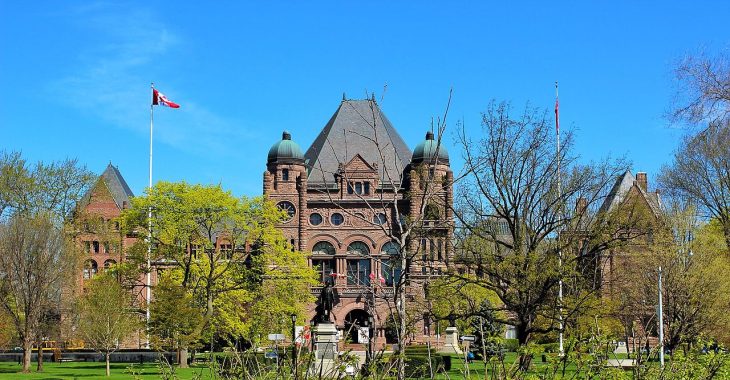
By Ahmad Hathout
The Ontario government is asking the Federal Court of Appeal to review whether the CRTC again abrogated on its alleged duties to clarify whether it has jurisdiction over long-distance calls in correctional facilities.
In late September, the CRTC rejected applications filed by Ontario and Bell that requested that the regulator explicitly state that its power to forebear from regulation is itself a form of regulation, which would place these call rates squarely in its domain and have the ultimate effect, the applicants believe, of avoiding courts making conflicting determinations on what those rates should be. The regulator used the term “forbearance from regulation” in its December decision, stating that it is a term that has been used by it and the industry for decades. But the applicants said it does not clarify the issue.
“The CRTC doubled down on its earlier errors, refusing to address the central issue raised by Bell in its application and provide clarity that is sorely needed as to whether it exercised regulatory jurisdiction over the rates in question,” Ontario said in its amended notice of motion, dated late last month, that now seeks leave to appeal the September decision.
“The CRTC directly refused to engage in the required statutory interpretation and provide reasons, and at the same time implicitly adopted an erroneous interpretation of s.34 [of the Telecommunications Act],” the province added, alleging the most recent decision just creates more confusion. “Specifically, the CRTC endorsed its own use of the phrase ‘forbearance from regulation. This phrase is not found in the TA and is inconsistent with the text, context and purpose of the TA and the role it prescribes for the CRTC.”
The CRTC said in its September decision that the wrangling over that term wasn’t central to its determinations, which were that it has not regulated inmate long-distance calls since 1997, and that it does not have the authority to adjust rates that were charged by Bell at those facilities on a retroactive basis.
The December decision came after Ontario and Bell requested that the regulator clarify that it has forborne from regulating those correctional call rates between 2013 and 2021 and whether it can provide retroactive financial relief for applicants who are suing Bell and Ontario for $152 million in a class action lawsuit claiming the telco – since replaced as the service provider for Ontario correctional facilities – charged “unconscionable” long-distance rates in those years. (Bell and Ontario argue that these rates were set appropriately to match those charged to customers in the local community.)
The Ontario Court of Appeal has put a temporary stay on the class action lawsuit until those issues are clarified.
Photo via Wikicommons



